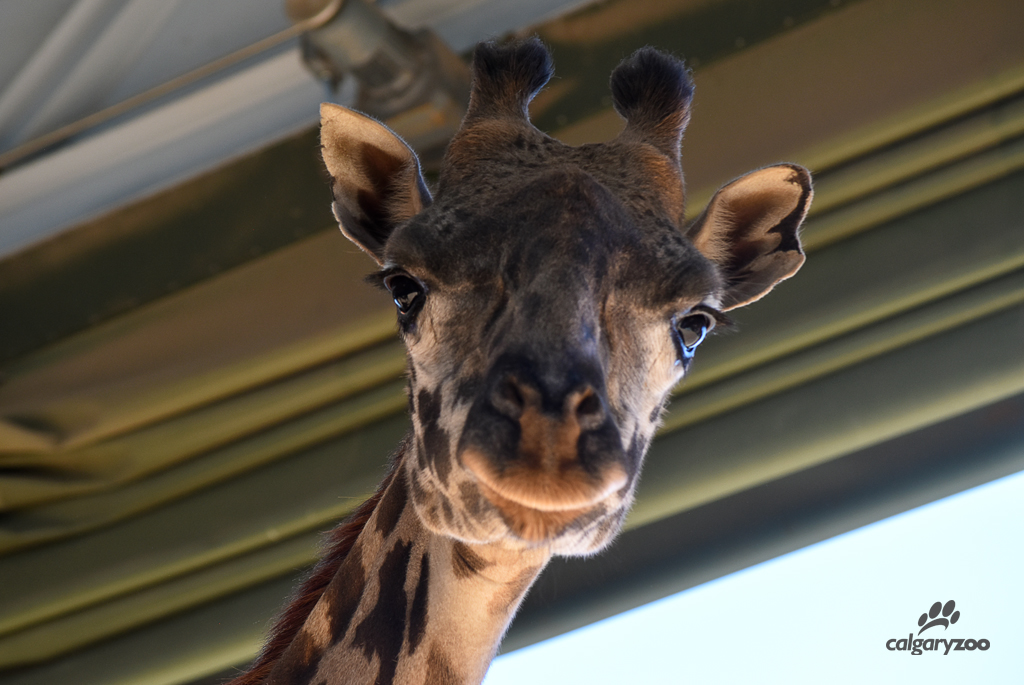The Calgary Zoo is hoping one of their giraffes will soon be a mother.

The senior staff veterinarian for the Calgary Zoo says eight-year-old Masai giraffe Emara has faced pregnancy challenges in the past.
“Her zookeepers were devastated when Emara experienced two late-term miscarriages, and subsequently a calf that died within 48 hours after birth in recent years,” Dr. Doug Whiteside said in a news release.
“Pregnancy issues in giraffes are rare, so we have been working with specialists and zoos across North America to help Emara successfully become a mom.”

Get breaking National news
Through testing during her last pregnancy, zoo officials learned the giraffe faced declining progesterone levels.
In consultation with other zoos and animal experts, they decided to try progesterone supplementation.
“Progesterone supplementation is sometimes used in humans and domestic animals for recurrent miscarriages, and was used successfully in a rhino — but this treatment had not been reported before in giraffes,” the zoo explained.
Now that Emara is pregnant again, staff are cautiously optimistic that she will give birth in mid-October.
In a news release, the Calgary Zoo said staff are “monitoring her closely” and maintaining a stress-free environment to help prepare her for the upcoming delivery.
“Wild giraffe populations have plummeted more than 40 per cent over the past 30 years due to habitat loss, civil unrest and illegal hunting,” the zoo explained.
“The Masai giraffe has been particularly affected, resulting in the IUCN Red List of Threatened Species classification of ‘endangered.’”
- Calgary family living in a car calls for more resources for unhoused families
- Two men charged after violent attempted kidnapping in downtown Calgary
- ‘I’ve never seen this much misery,’ says Calgary man on the front lines in Ukraine
- Immigration, medical assistance in dying on agenda as Alberta legislature resumes








Comments
Want to discuss? Please read our Commenting Policy first.